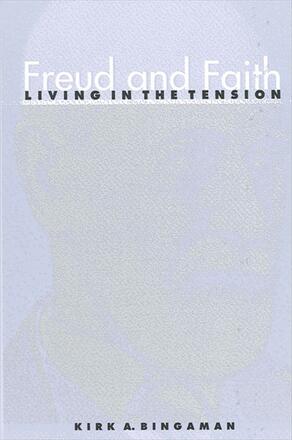
Freud and Faith
Living in the Tension
Alternative formats available from:
Explores how religious believers can—and why they should—engage the work of Sigmund Freud, despite his well-known dismissal of faith.
Description
Whether Sigmund Freud's theory precludes serious engagement with psychoanalytic theory for those professing faith in the God of the Judeo-Christian tradition has been controversial for years. Coming to terms with Freud's theory has proved difficult for religious believers because of his stance that religious faith is little more than psychological projection. Building on the work of philosopher and theologian Paul Ricoeur, psychoanalyst Ana-Maria Rizzuto, and feminist theorist Judith Van Herik, author Kirk A. Bingaman demonstrates that it is possible and even advantageous for believers to hold their religious faith in dialectical tension with psychoanalysis. Bingaman shows how Freud's critique of religion can enrich and strengthen, rather than destroy, the faith of the believer. What emerges from the author's argument is a creative method for living within the emotional and spiritual tension that develops whenever our belief system is challenged or disrupted.
Kirk A. Bingaman is Director of Satellite Offices for the Lloyd Center Pastoral Counseling Service, an Adjunct Professor of Pastoral Care and Counseling at San Francisco Theological Seminary, and an ordained Presbyterian minister.